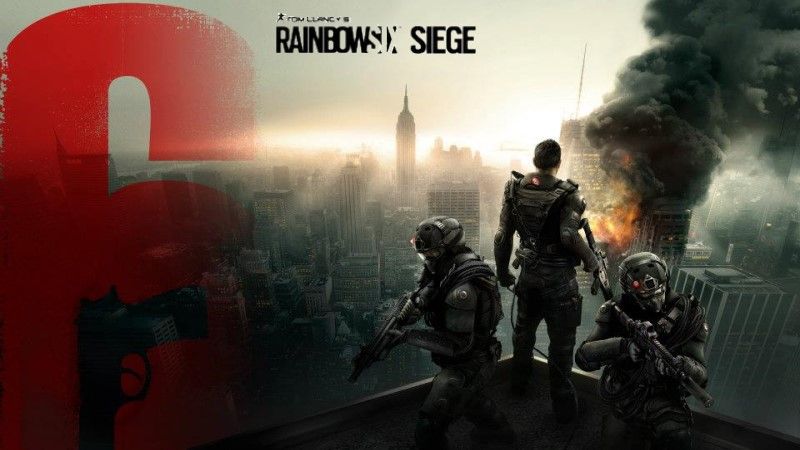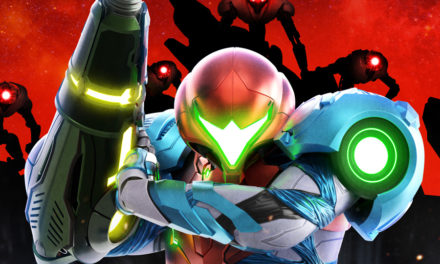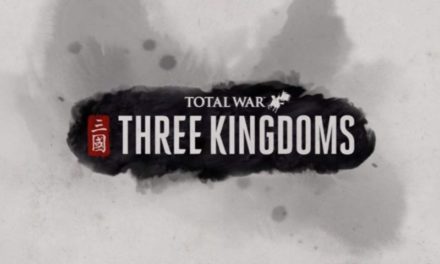Tom Clancy’s Rainbow Six: Siege is an online P2P FPS video game initially released by Ubisoft in December 2015 for solo or co-op team-vs-team play. In this title, players are divided into two opposing groups, either the international terrorist group with unknown goals, or the Rainbow counter-terrorism team tasked with preventing their success. Since then, multiple expansions have been rolled out, including the latest expansion, Operation Grim Sky on September 4, 2018. Ubisoft releases four expansions a year, with each expansion introducing minimally new operators, but can also include new maps, and game modes, among other new features. There are both PvP and PvE options in the game.
Gameplay
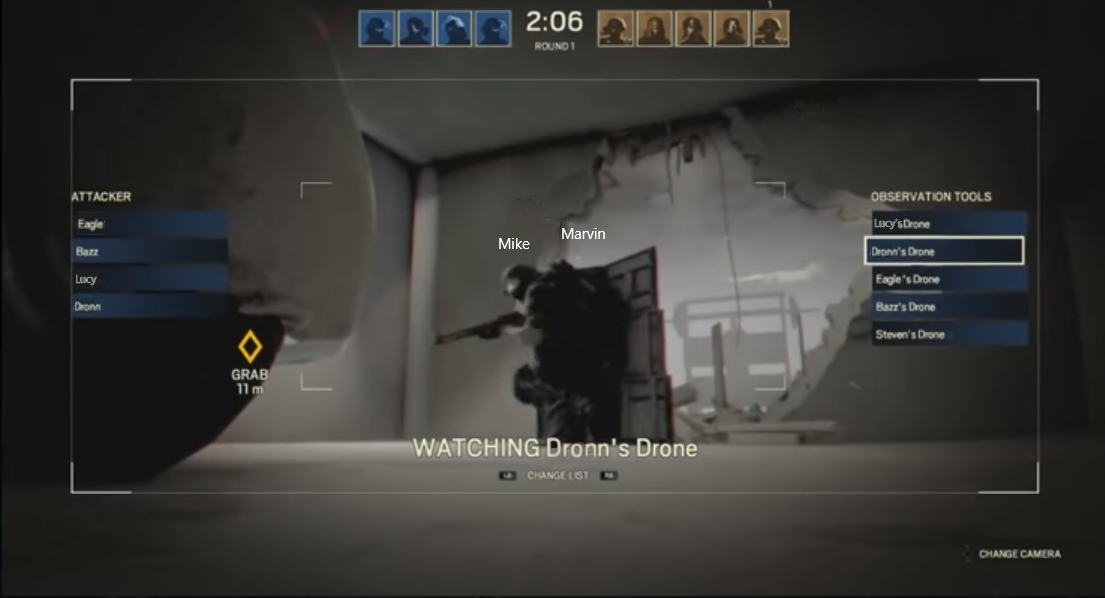
Tom Clancy’s Rainbow Six: Siege starts with one team setting up their defenses while the other team starts gathering intel for their attack. This is made more complex dur to players being allowed to shoot and blast through doors and walls, thereby making defense more difficult, but also alerting defenders to incoming attacks. In addition, any damage taken by operators hit by bullets will be less than if they had taken the gull force of the bullet undeterred. There are many maps, each of which is highly detailed, making it difficult to learn the various layouts, but also increasing the game’s replayability. There are currently six playable objectives, which are described in detail below.
As the game is objective-based, it is critical for players to coordinate attacks with their teammates through either voice chat or map markers. Although characters to not respawn, players are still able to contribute to the gameplay, as they can still access the cameras that were placed by their teammates. This enables them to provide their surviving teammates with intel so that they can focus more fully on the task at hand.
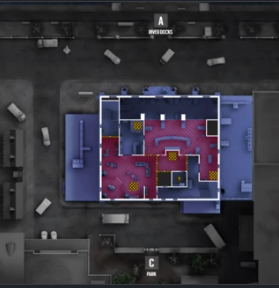 There are currently 20 maps in Rainbow Six: Siege. Each map is playable with certain objectives, but not all of the objectives. Additionally, most of the maps are based indoors, and are designed to encourage close-quarters fighting and high-paced gameplay. Prior to the initial gameplay, players will be able to select their spawn positions, with each team receiving a grace period of 60 seconds to prepare for the upcoming confrontation. Attackers will be able to release drones to gather intel, while the Defenders can begin fortifying their location, setting bombs if necessary and laying traps for their opponents.
There are currently 20 maps in Rainbow Six: Siege. Each map is playable with certain objectives, but not all of the objectives. Additionally, most of the maps are based indoors, and are designed to encourage close-quarters fighting and high-paced gameplay. Prior to the initial gameplay, players will be able to select their spawn positions, with each team receiving a grace period of 60 seconds to prepare for the upcoming confrontation. Attackers will be able to release drones to gather intel, while the Defenders can begin fortifying their location, setting bombs if necessary and laying traps for their opponents.
Accomplishing objectives will earn players Renown (R6), which is the in-game currency. This can be used to purchase skins, additional Operators and upgrades. The skins are purely cosmetic.
Rounds
Each confrontation will be broken down into rounds, with teams needing to win at least four rounds in order to win the game. Once a team has achieved four wins, they will need to win another two rounds in order to secure an overall win. However, in the case of teams alternating wins, a maximum of 9 rounds can be played, with a 5-4 win-ratio. The time allocated to each round differs between casual, ranked and pro levels.
Rainbow Six: Siege Game Modes
There are currently seven possible modes for players to choose from:
Situations
These are the introductory tutorials offered to player at the onset of the game. As they progress, they will become familiarized with the various operators, objectives and maps and will receive 200 R6 currency upon each situation’s completion. There are ten Situations for new players to complete. Once completed, players will be shown the introductory cut-scene setting the premise for the rest of the game.
Terrorist Hunt
This scenario offers player a PvE option where players will operate as the Rainbow Team who are out to defeat the White Masks by whittling their numbers down to three. The number of White Masks per game caries depending on whether players are playing at Normal, Hard or Realistic difficulty. Normal has no time restraints, while Hard and Realistic are allotted 12 and 15 minutes respectively. Another difference lies in that for both Normal and Hard, all White masks are pre-spawned, whereas in Realistic, more White Masks will enter in waves.
There are also another three other sub-scenarios offered here. The first two are Protect Asset and Hostage Extractions, where the team will need to either defend a civilian against the enemy onslaught, or to extract a hostage from a dangerous location. The final objective has the team infiltrating a location and defusing two separate bombs.
Outbreak
Outbreak was a month-long special event zombie-mode that took place between March 6 and April 3, 2018. In the overall scenario, a Soviet space capsule had crashed into a town in New Mexico, resulting in an outbreak of an alien virus that mutated the town’s inhabitants into strange creatures of varying strengths. Team Rainbow was then called in for damage control and to assist in securing and disseminating the cure. This mode was a PvE event offering players three objectives options as well as mode-only special operatives, abilities and skins. Additionally, there were also event-only unlockable skins that players would be able to permanently keep.
Bomb
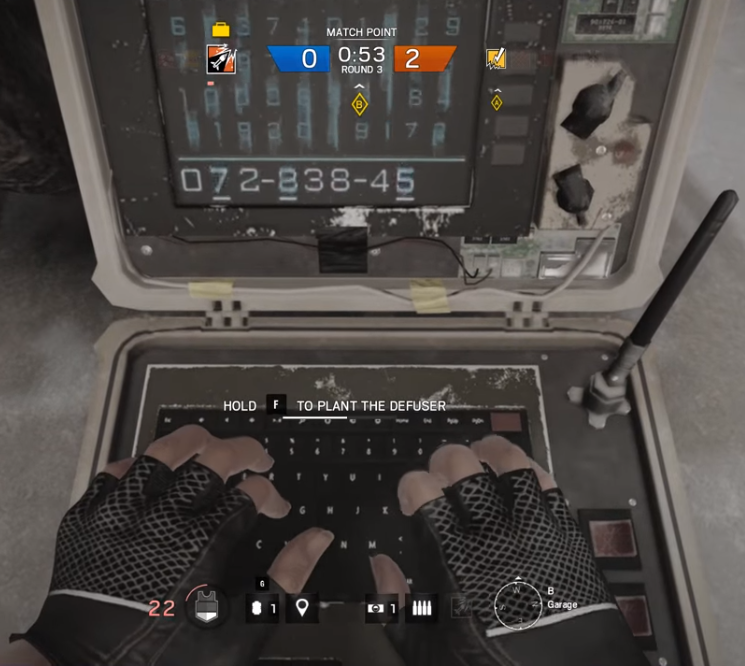 In this mode, the teams are split into Defenders and Attackers. The Defenders are tasked with setting up two bombs and defending the bomb sites until they detonate. The Attacker’s job is to defuse at least one of the bombs. The amount of time that activation and defusal will take is dependent on whether the players are playing at regular, ranked or pro level.
In this mode, the teams are split into Defenders and Attackers. The Defenders are tasked with setting up two bombs and defending the bomb sites until they detonate. The Attacker’s job is to defuse at least one of the bombs. The amount of time that activation and defusal will take is dependent on whether the players are playing at regular, ranked or pro level.
Hostage
This objective places the Defenders in charge of retaining the Hostage within the parameters of the building. The Attackers are responsible for locating the hostage and leading them to freedom. Teams can also win if the other team is either completely wiped out or if they inadvertently kill the hostage. The hostage will randomly spawn in one of five locations.
Secure Area
In this scenario, the Attackers are given the objective of securing a biohazard room housing a biochemical agent for at least ten continual seconds on a timer. The Defenders task is to prevent them from succeeding. They can interfere with the Attackers by either killing them, or by being present in the room.
Tactical Realism
This mode ups the ante, as it removes some of the core aspects of the game, thereby emphasizing a stronger reliance on teamwork, communication and alertness. This is because the ability to mark enemies is removes, as is the operator count tab. Players will therefore need to keep track of the number of players left in the game via audio intel only. They will also only be able to identify friendly team-members based on memory, or by hovering their cursor over the other operator when they come into view. There are also several other elements such as ammo management to take into consideration.
Operators
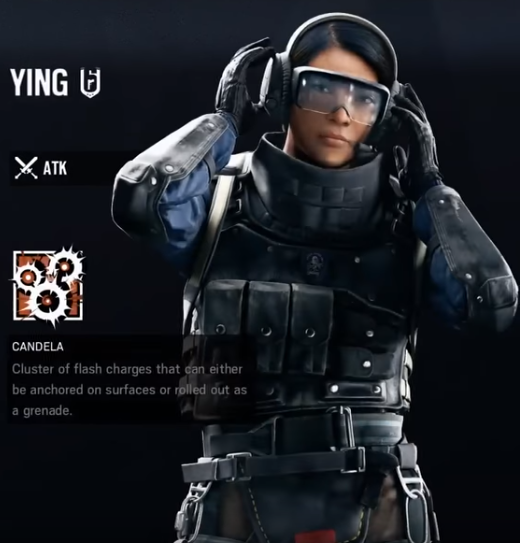
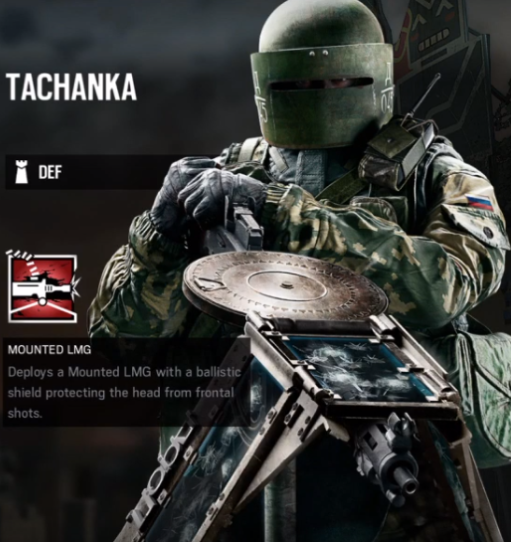
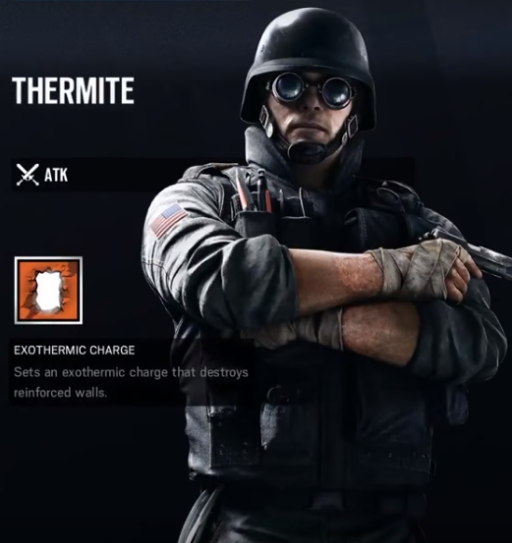
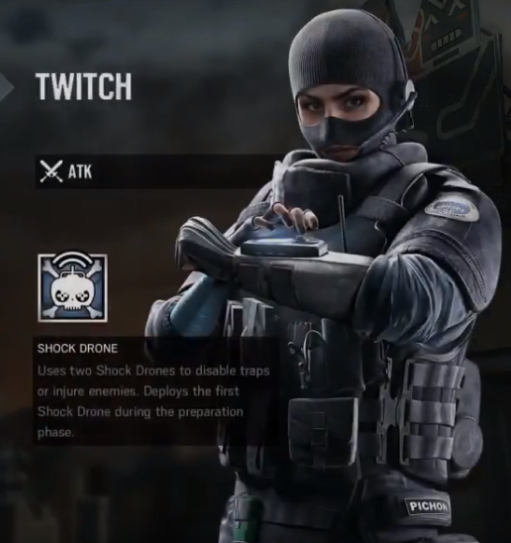
The Rainbow Six series started with 20 playable operatives, and has since expanded to over 40, with new operators being released incrementally. When players first begin playing, they will only be able to access either two random operators or the original 20 base operators, depending on whether they purchased the Start Edition or Standard Edition of the game respectively, with the remainder being unlockable either through spending in-game currency or real-world cash.
Each operator come with their own set of stats and special ability. While characters themselves cannot be customized, item skins can be. Most of them can be bought with in-game currency, so with a bit of grinding, players can acquire a wide enough array to add to their repertoire, without forking over any more real-world dough. This is especially relevant as Tom Clancy’s Rainbow Six: Siege regularly adds more skins to their store, making for a great selection.
Furthermore, while each character has its specific weaponry, players can also upgrade weapons with in-game purchases. Operators are further restricted by their classification. For instance some, such as Finka and Hibana can only be used as Attackers, while Kapkan and Smoke can only be chosen by players on the Defender team. Likewise, the classification also affects the types of weapons that the operator can wield. For instance, the 416-C Carbine is only available to Attackers, while the Para-308 is only accessible to Defenders.


